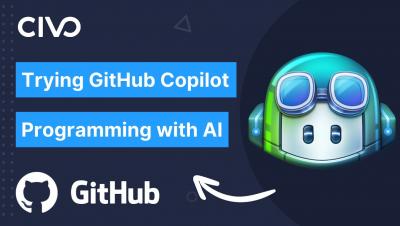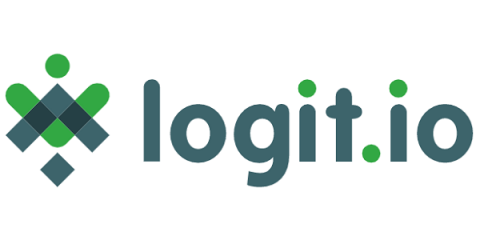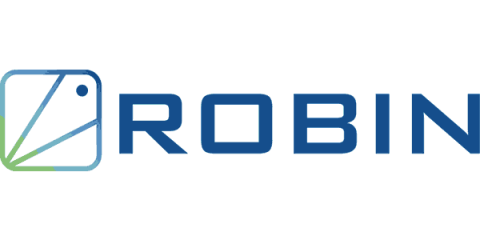Operations | Monitoring | ITSM | DevOps | Cloud
AI
Four Industries That Will Be Disrupted by AI in 2021
With the never-ending potential of technology to disrupt everyday processes, more and more industries are deciding to adapt to one exciting area of innovation today: artificial intelligence (AI). In fact, Global Industry Analysts Inc. predicts that AI will be worth 164.03 billion GBP by 2026, and here, we look at four industries set to be disrupted by AI. Since the healthcare sector collects and greatly depends on personal data from their patients, AI will play a crucial role in data management.
Business Monitoring for Gaming: Catch More Profit Opportunities with AI
Anomalies don’t have to be a fear factor; they could even present an opportunity to make money. Imagine detecting positive spikes in in-app purchases, conversions, or gaming activity in real-time and then having your business monitoring system identify what caused them 10x faster than you can now – autonomously. With 95% accuracy in the root cause analysis you could replicate and capitalize on the deviation immediately.
Engineering careers: Making AI accessible
More and more, working smarter and faster means building more intelligent software with a focus on AI capabilities to enhance machine learning, increase automation, and produce faster, more accurate predictions. Unlocking the benefits of artificial intelligence is a central focus for the ServiceNow Advanced Technology Group (ATG)—a customer-centered innovation group founded in August 2020.
The Technologies Every IT Professional Needs to Consider in 2021
Interview with AI Ethicist, Alice Thwaite
For our latest expert interview on our blog, we’ve welcomed Alice Thwaite to share her thoughts on the topic of artificial intelligence (AI) as well as the reasons behind founding technology ethics company Hattusia. Alice Thwaite is an AI ethics philosopher and ethicist who specialises in creating democratic information environments.
Incident Reporting and Crime Detection: The Role of Computer Vision
One of the most important uses of Artificial Intelligence (AI) and Machine Learning (ML) lies in the detection and prevention of criminal activities. Today, companies are widely using AI-powered computer vision devices to predict and detect crimes ranging from frauds and theft to violence and cybercrimes. The developments in computer vision technologies enabled authorities to simplify incident reporting and crime detection more efficiently.
6 Ways Artificial Intelligence Improves Software Development
Artificial intelligence is transforming software development. From the code to the deployment, AI is slowly but surely upping its game and helping us discover a brand new paradigm for inventing technology. Algorithm-based machine learning is being used to accelerate the software development lifecycle and AI is supporting developers to optimize software workflow at every stage of the development process.
Five Reasons To Choose Dell and Robin Cloud Native Platform For AI/ML (Blog series - Part 3 of 3)
In part 1 and part 2 of this series, we examined how AI/ML can help improve healthcare and the challenges faced by AI/ML teams in realizing the benefits respectively. In this part, we will explore how Robin and Dell can help overcome these challenges.
Four Key Challenges To Adopting AI/ML In Healthcare (Blog series - Part 2 of 3)
In part 1 of this series, we examined how AI/ML can help improve healthcare. AI/ML is an ambitious undertaking that promises to revolutionize healthcare. Getting excited is easy, but where do you start and why is it not just another empty promise? In fact, despite all these promises and futures, most AI/ML projects fail and don’t deliver. The failure rate of AI/ML projects is starting to make some wonder if this is real or hype.










